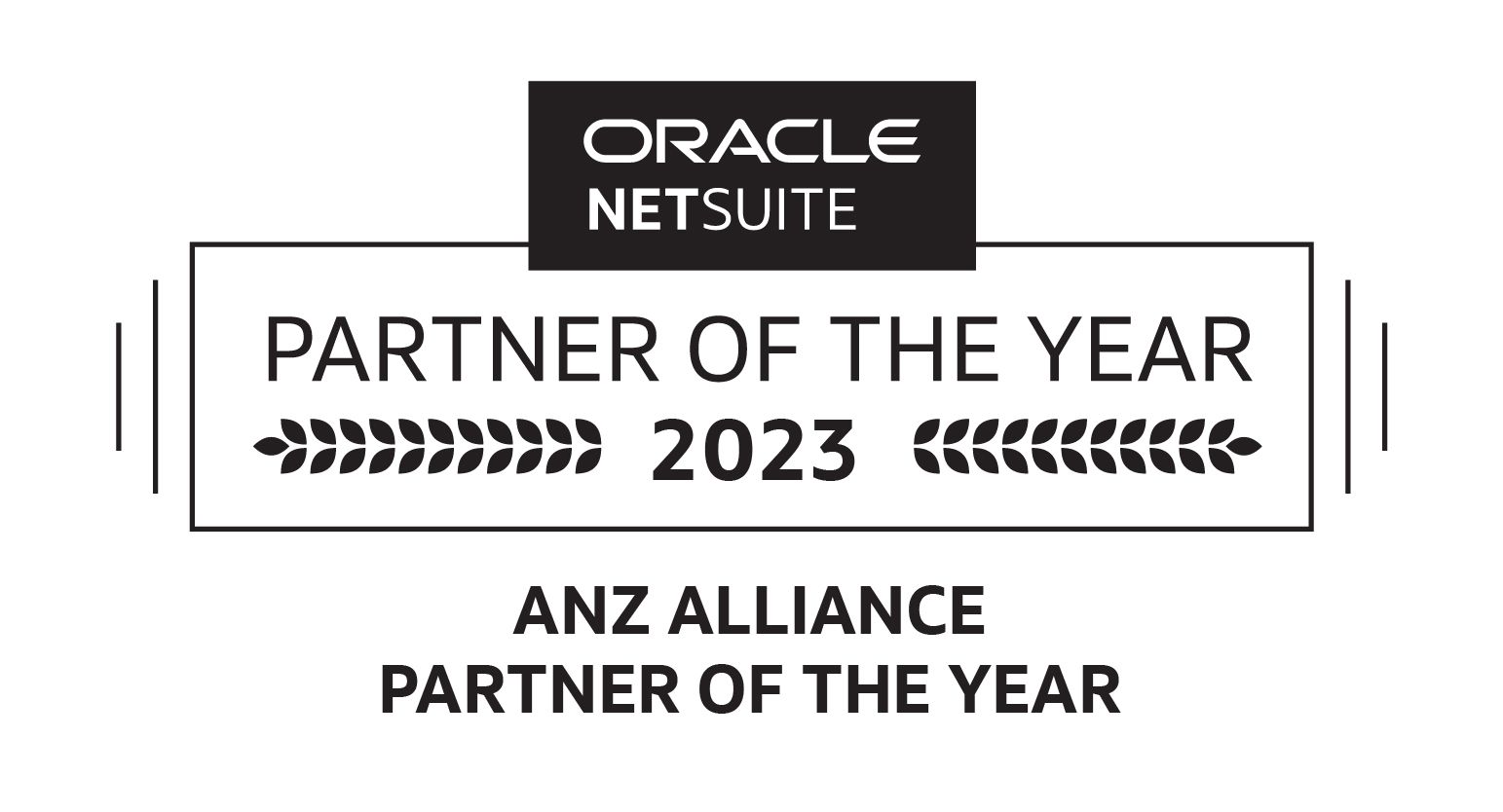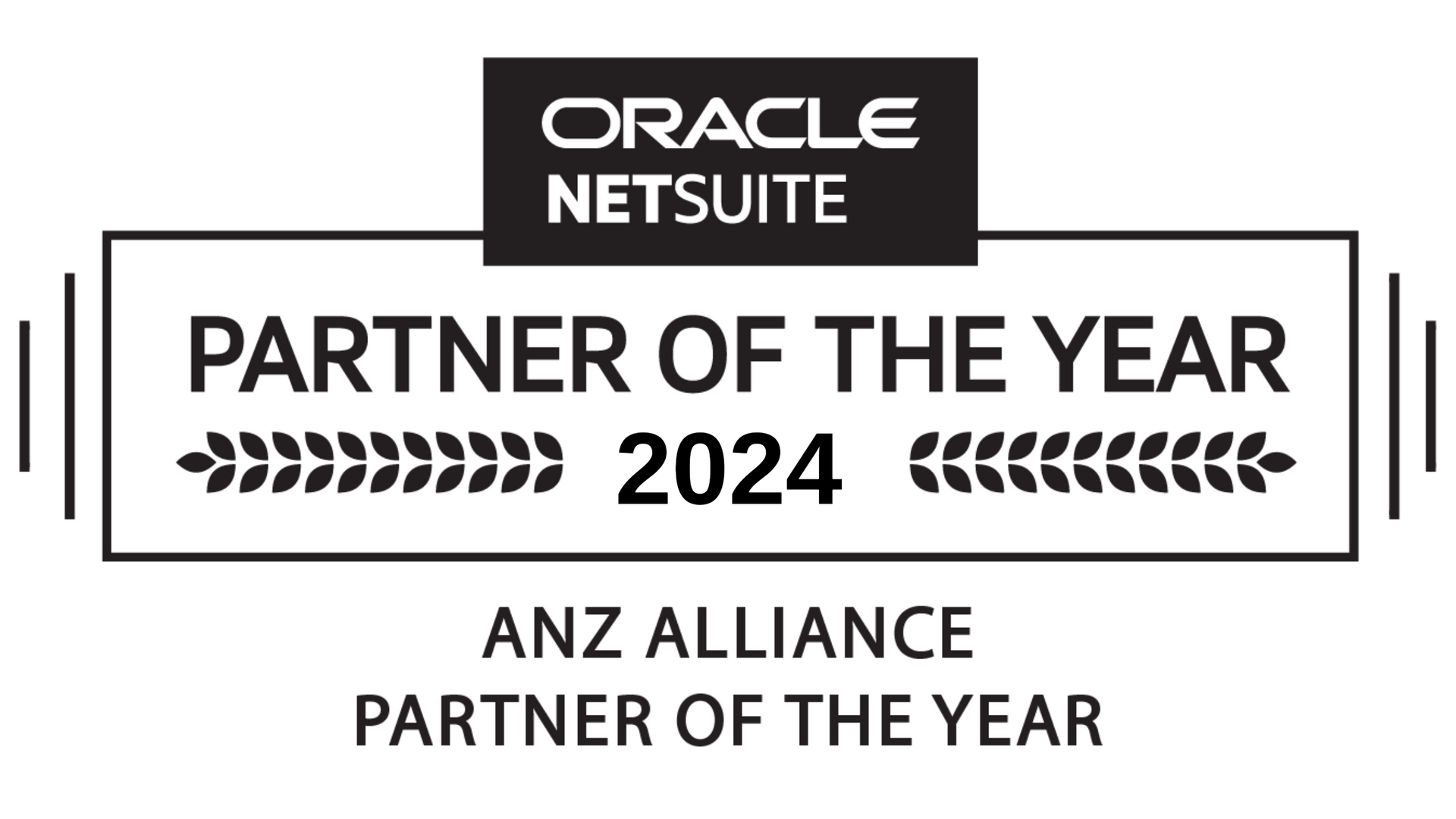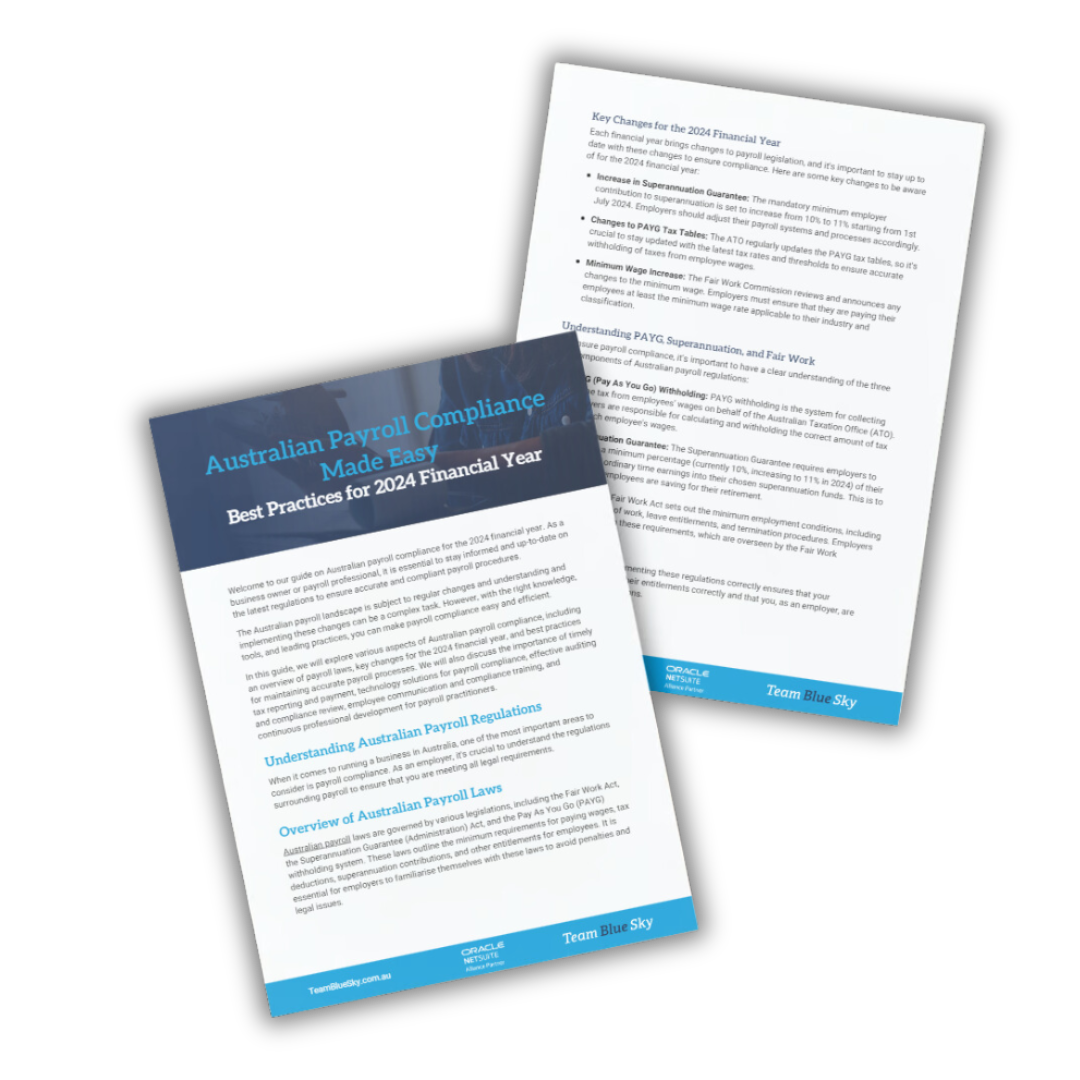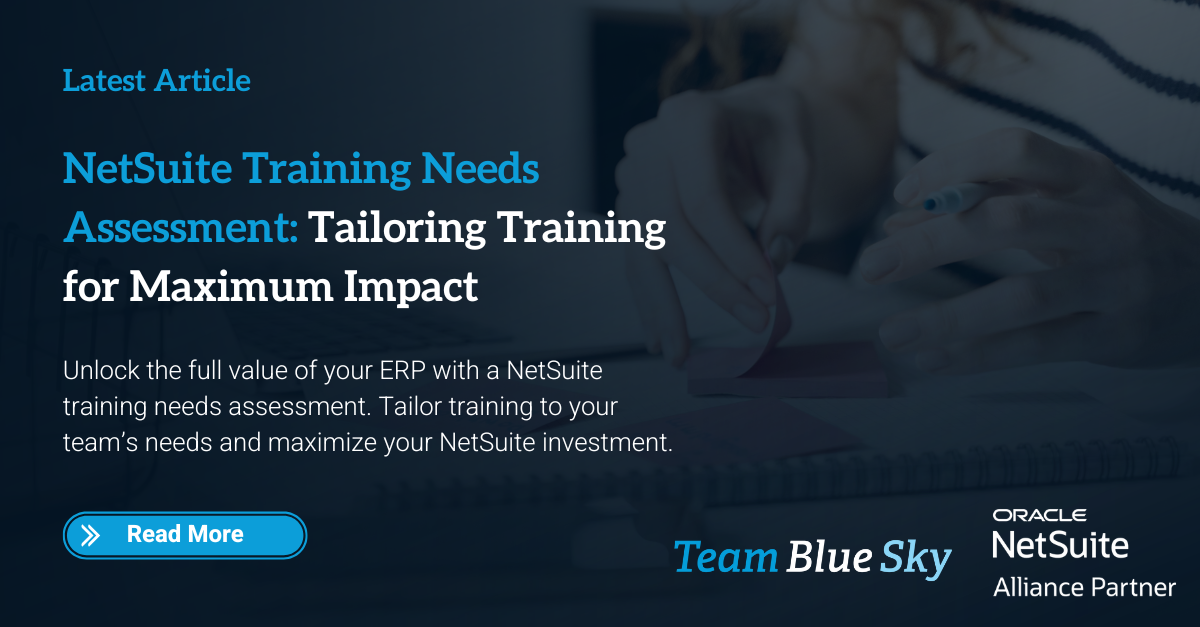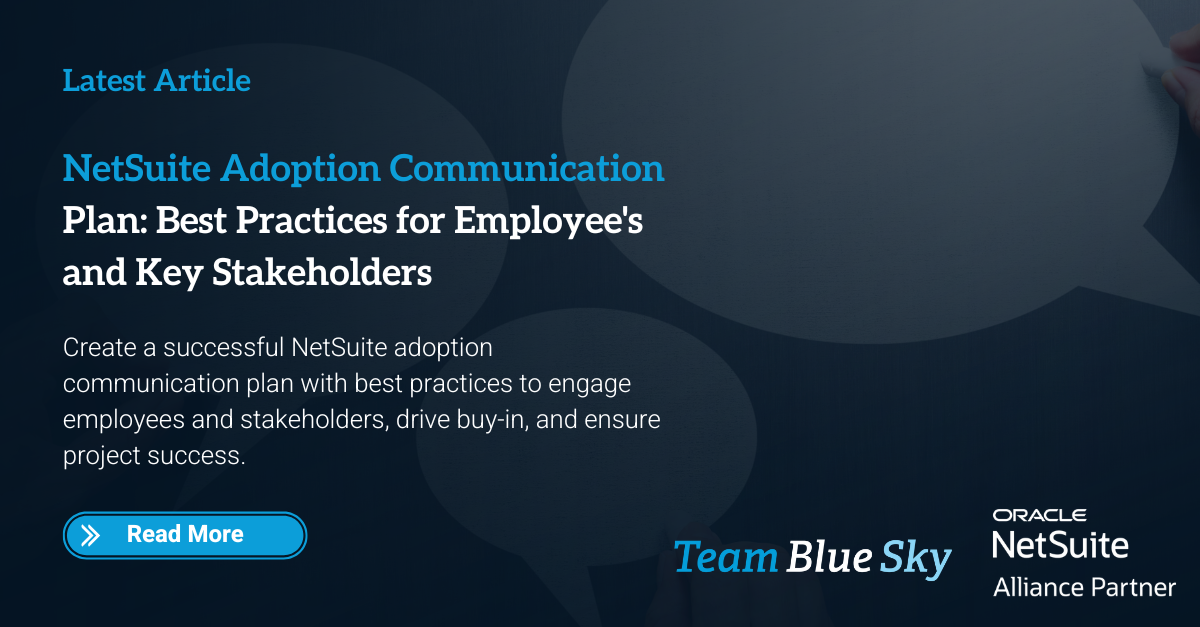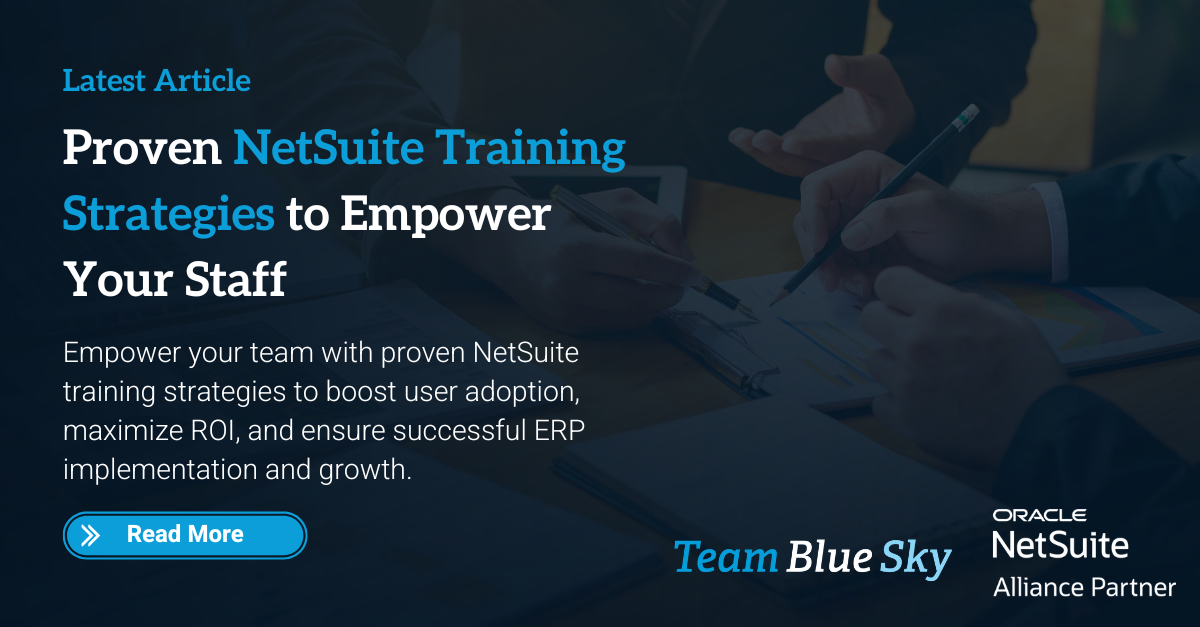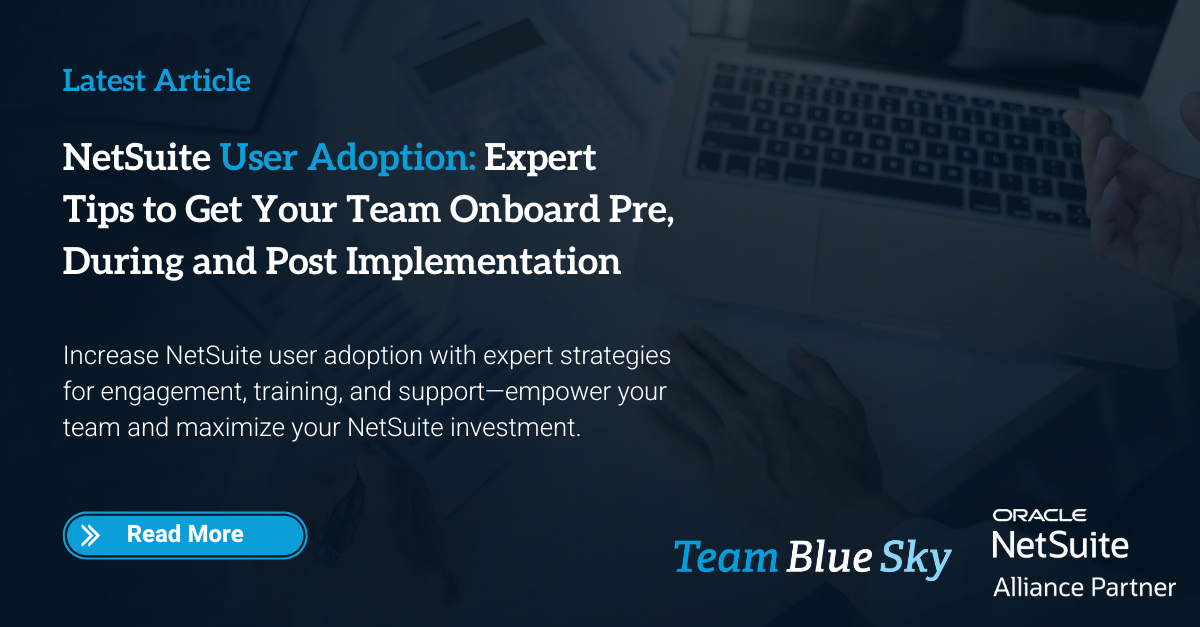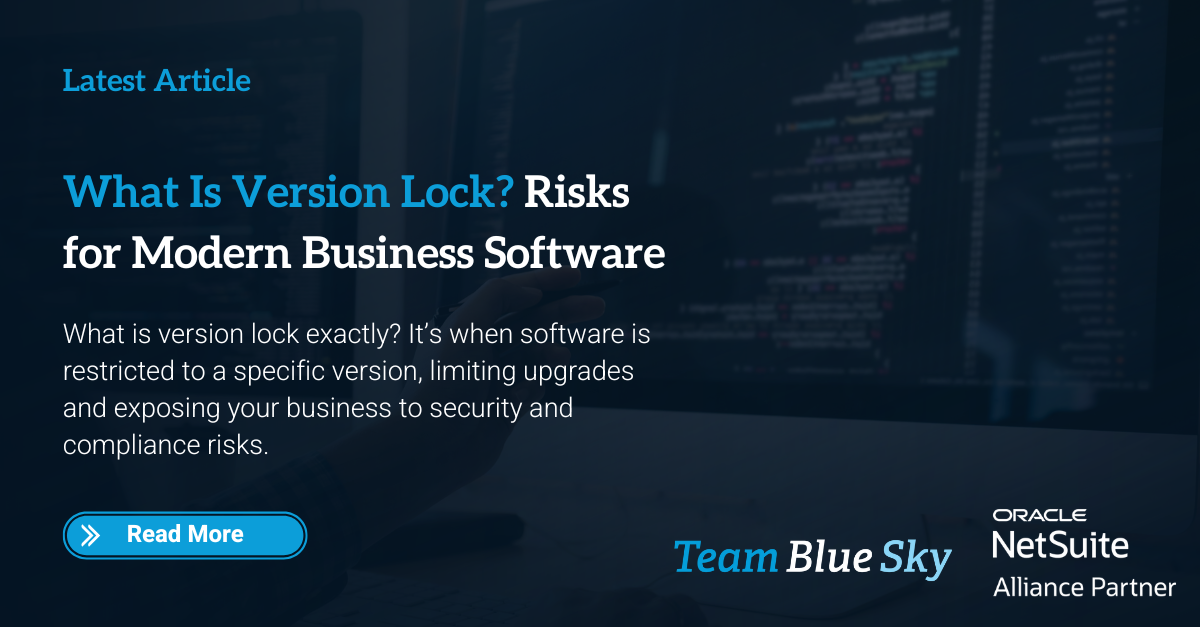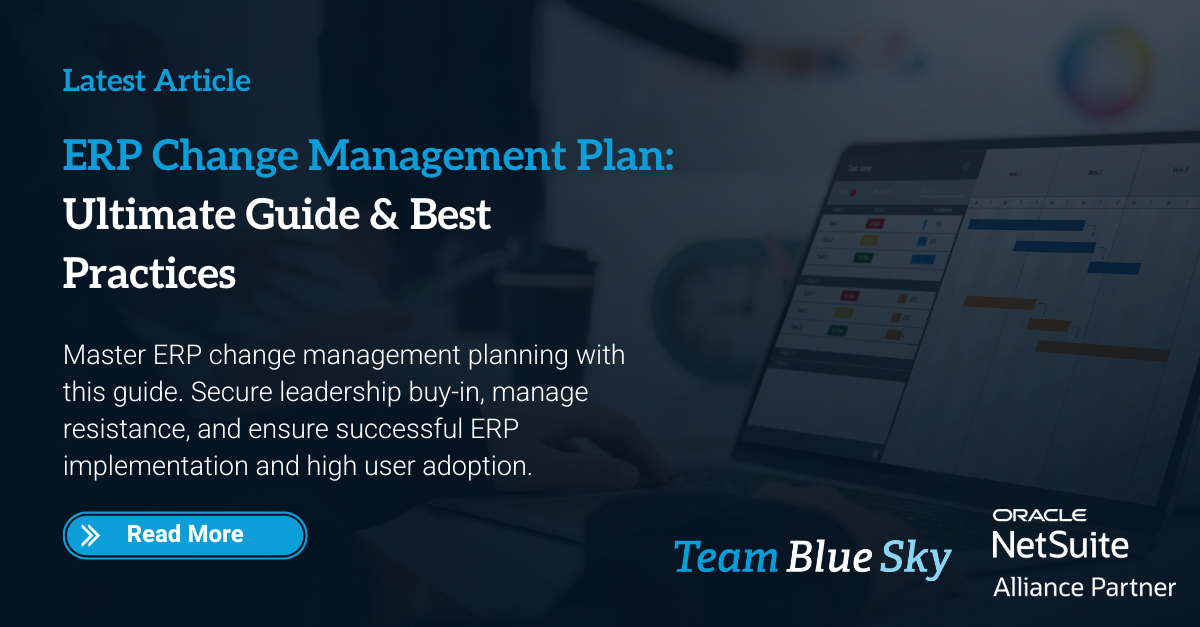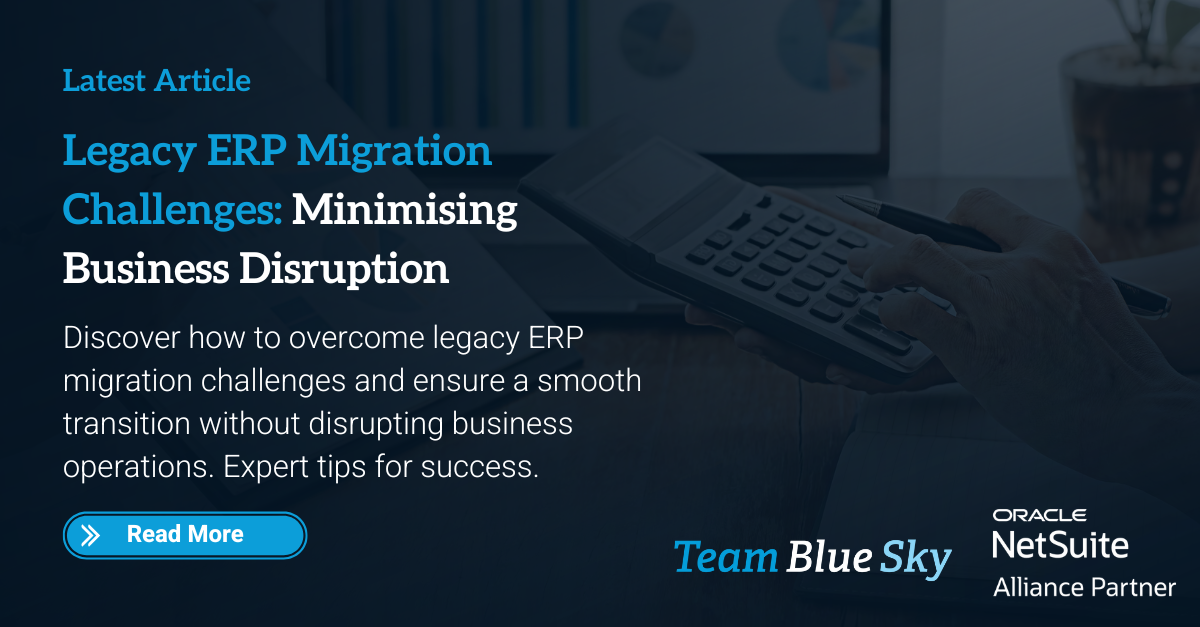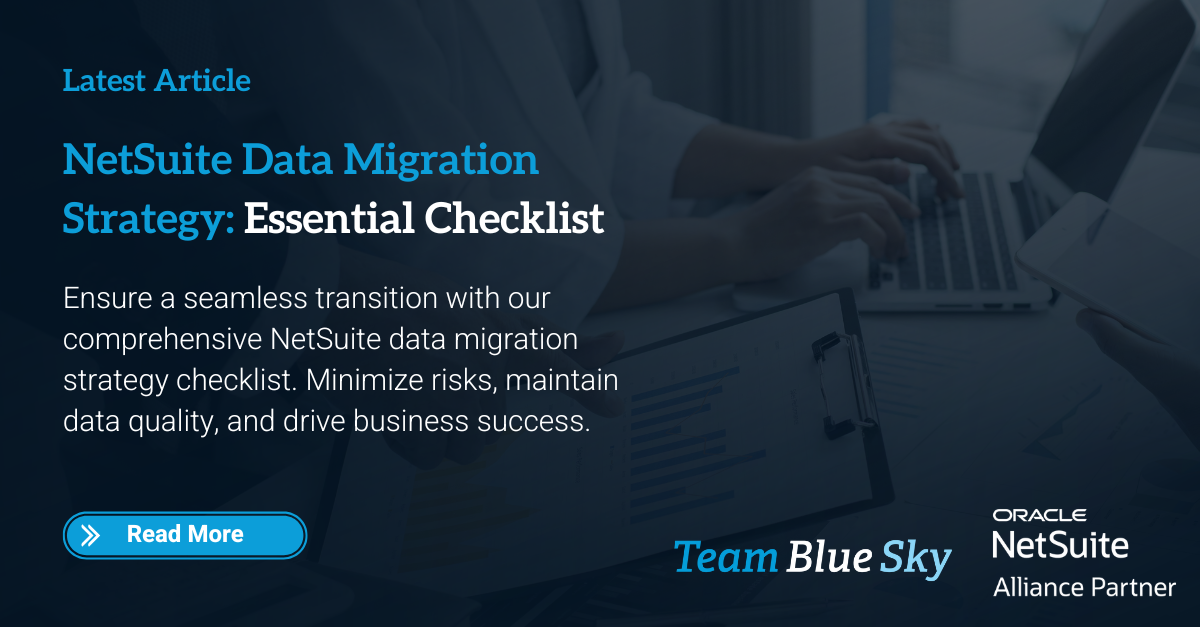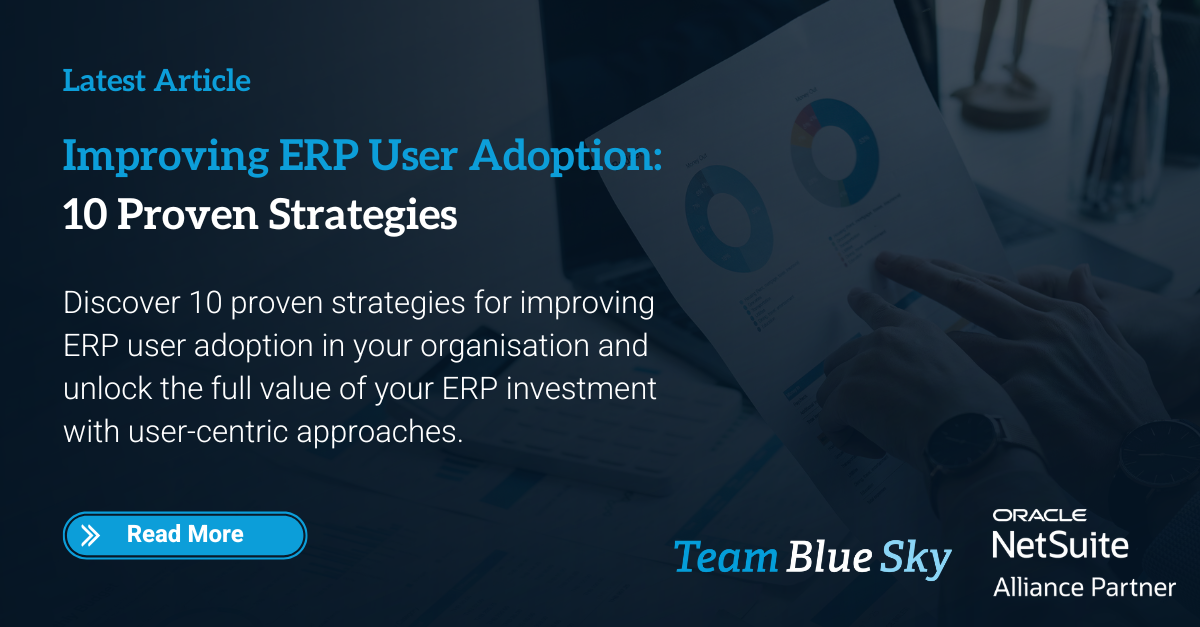Australian Payroll Compliance Made Easy: Best Practices for 2024 Financial Year
Welcome to our guide on Australian payroll compliance for the 2024 financial year. As a business owner or payroll professional, it is essential to stay informed and up-to-date on the latest regulations to ensure accurate and compliant payroll procedures.
The Australian payroll landscape is subject to regular changes and understanding and implementing these changes can be a complex task. However, with the right knowledge, tools, and leading practices, you can make
payroll compliance easy and efficient.
In this guide, we will explore various aspects of Australian payroll compliance, including an overview of payroll laws, key changes for the 2024 financial year, and best practices for maintaining accurate payroll processes. We will also discuss the importance of timely tax reporting and payment, technology solutions for payroll compliance, effective auditing and compliance review, employee communication and compliance training, and continuous professional development for payroll practitioners.
Understanding Australian Payroll Regulations
When it comes to running a business in Australia, one of the most important areas to consider is payroll compliance. As an employer, it's crucial to understand the regulations surrounding payroll to ensure that you are meeting all legal requirements.
Overview of Australian Payroll Laws
Australian payroll laws are governed by various legislations, including the Fair Work Act, the Superannuation Guarantee (Administration) Act, and the Pay As You Go (PAYG) withholding system. These laws outline the minimum requirements for paying wages, tax deductions, superannuation contributions, and other entitlements for employees. It is essential for employers to familiarise themselves with these laws to avoid penalties and legal issues.
Key Changes for the 2024 Financial Year
Each financial year brings changes to payroll legislation, and it's important to stay up to date with these changes to ensure compliance. Here are some key changes to be aware of for the 2024 financial year:
- Increase in Superannuation Guarantee: The mandatory minimum employer contribution to superannuation is set to increase from 10% to 11% starting from 1st July 2024. Employers should adjust their payroll systems and processes accordingly.
- Changes to PAYG Tax Tables: The ATO regularly updates the PAYG tax tables, so it's crucial to stay updated with the latest tax rates and thresholds to ensure accurate withholding of taxes from employee wages.
- Minimum Wage Increase: The Fair Work Commission reviews and announces any changes to the minimum wage. Employers must ensure that they are paying their employees at least the minimum wage rate applicable to their industry and classification.
Understanding and implementing these regulations correctly ensures that your employees are receiving their entitlements correctly and that you, as an employer, are meeting your legal obligations.
Effective Payroll Processes and Documentation
One of the crucial aspects of ensuring payroll compliance in Australia is implementing effective payroll processes and maintaining accurate documentation. By following these best practices, you can mitigate the risk of errors, penalties, and non-compliance issues. Here are some key areas to focus on:
Maintaining Accurate Employee Records
Employee Information
Gather and maintain accurate employee information, including full names, addresses, tax file numbers, and employment start dates. Regularly update this information whenever there are changes. It is best to keep this information in a centralised payroll software or contact management system to ensure that the information is readily available when needed.
Leave Balances
Keep track of employees' annual leave, sick leave, and other types of leave entitlements. Ensure that leave requests and utilisation are accurately recorded.
Contract and Employment Details
Document all employment contracts, including terms and conditions of employment, pay rates, and any other relevant agreements.
Payslips and Payment Summaries
Generate and distribute payslips to employees on time, reflecting detailed information about their pay, including gross earnings, deductions, and net payments. At the end of each financial year, issue accurate payment summaries (now known as income statements) to employees and lodge them with the ATO.
Payroll Calculation and Deductions
Accurate Timekeeping
Implement robust timekeeping systems to accurately record employee attendance, working hours, and breaks.
Award Interpretation
Understand and correctly interpret industry and occupation-specific awards or enterprise agreements to ensure accurate pay calculations.
Tax Deductions
Ensure correct tax deductions are made from employees' wages, based on their individual circumstances and the ATO's tax withholding schedules.
Superannuation Contributions
Calculate and contribute the correct amount of superannuation guarantee (SG) payments for eligible employees. Keep track of employees' fund choices and ensure contributions are made within the required timeframes.
Compliance with Superannuation Guarantee
Super Guarantee Rate
Stay updated with the latest changes in the superannuation guarantee rate. As of July 1, 2021, the SG rate is 10%, but it is scheduled to increase gradually to 12% by 2025.
Super Payments
Make sure that superannuation contributions are paid into the employees' nominated funds by the quarterly due dates outlined by the ATO.
SuperStream Compliance
Ensure your payroll system is SuperStream compliant, enabling the electronic submission of superannuation data and payments to funds, making the process more efficient and accurate.
By adhering to these effective payroll processes and maintaining meticulous documentation, you can minimise errors, meet compliance requirements, and provide a transparent and fair payroll system for your employees. This not only helps you avoid penalties but also fosters trust and goodwill among your workforce.
Timely Payroll Tax Reporting and Payment
When it comes to Australian payroll compliance, timely reporting and payment of payroll taxes is crucial. Failing to meet these obligations can have serious consequences for your business, including penalties and audits. In this section, we will explore the importance of lodging payroll tax on time, discuss fringe benefits tax (FBT), and provide tips for accurate payment summaries.
Importance of Lodging Payroll Tax on Time
Lodging your payroll tax on time is essential to ensure compliance with Australian regulations. Here's why it matters:
Technology Solutions for Payroll Compliance
Having the right technology solutions in place can simplify payroll tasks, enhance accuracy, and save valuable time and resources for organisations. Here are some key considerations when choosing and implementing technology solutions for payroll compliance:
Choosing the Right Payroll Software
Selecting the right payroll software is essential for ensuring compliance and efficiency in payroll processing. It’s also best to keep your payroll function on the platform if possible, so solutions like Infinet Cloud Payroll for NetSuite are ideal, as they allow you to report on payroll data alongside other critical business performance metrics.
Scalability: Choose software that can grow with your organisation and accommodate future needs as your business expands.
Compliance Features: Look for software that supports compliance with Australian payroll regulations, including tax calculations, superannuation contributions, and Fair Work requirements.
User-Friendliness: Opt for software that is intuitive and user-friendly, minimising the learning curve for your payroll team and reducing the risk of errors.
Integration: Consider software that seamlessly integrates with other HR systems, such as time and attendance tracking, to streamline data transfer and ensure data accuracy.
Automation: Look for automation features, such as automatic calculations and tax updates, that can save time and reduce manual errors.
Reporting Capabilities: Choose software that offers robust reporting capabilities to generate accurate and timely payroll reports for management and compliance purposes.
Effective Payroll Auditing and Compliance Review
When it comes to payroll compliance, one of the most crucial steps is conducting regular internal audits. Payroll audits help ensure that your organisation is adhering to all applicable regulations and laws, while also identifying potential areas for improvement. In this section, we will discuss the importance of effective payroll auditing and compliance review, as well as the steps you can take to successfully conduct these audits.
Conducting Regular Internal Payroll Audits
Regular internal payroll audits play a vital role in identifying and addressing any compliance issues before they become major problems. These audits help you verify that your payroll processes are accurate, your calculations are correct, and all necessary deductions are being made properly. Here are some key steps to follow when conducting a payroll audit:
Review Employee Data
Start by reviewing your employee data to ensure that all the information, such as wages, hours worked, and deductions, is accurate and up to date. Also, check if any changes in employee details have been appropriately recorded.
Verify Payroll Calculation Accuracy
Double-check the accuracy of your payroll calculations to confirm that employees are being paid the correct amounts. This includes ensuring that hourly rates, overtime pay, and any additional allowances are calculated accurately.
Confirm Compliance with Employment Laws
Review your payroll records to ensure compliance with all applicable employment laws, such as minimum wage requirements, leave entitlements, and overtime regulations. This step is crucial to avoid any potential legal issues.
Thoroughly Check Deductions
Verify that all deductions, such as taxes, superannuation contributions, and other voluntary deductions, have been accurately calculated and deducted from employees' wages.
Consider Outsourcing Your Payroll to Ensure Compliance
While conducting internal audits is essential, there may be cases where hiring external payroll experts can provide an extra layer of assurance and expertise. Outsourced payroll providers, also known as Payroll Bureaus bring a fresh set of eyes, specialised knowledge to your payroll process. They can help identify any compliance gaps or potential risks that may have been overlooked internally.
Navigating Complex Payroll Processes
Australia has a unique workplace environment. The awards system, combined with various enterprise agreements, can make the payroll landscape quite intricate. If your organisation frequently deals with multiple awards or enterprise agreements, you might find that keeping everything straight is no small feat.
External payroll providers, seasoned with the nuances of the Australian business ecosystem, can be invaluable here. They offer insights derived from their broad experience with various industries and can help to significantly simplify complex payroll processes. With their assistance, you can ensure that all obligations are met accurately, and you remain compliant with the ever-evolving Australian workplace regulations.
Mitigating Risks
It's no secret that errors in payroll can lead to significant financial and reputational consequences. Small mistakes, such as tax errors, misclassification of employees, or inconsistencies in documentation, can compound over time. These oversights could not only result in financial penalties but could also damage your brand's reputation in the long run.
By partnering with a professional outsourced payroll service provider, you harness their expertise in identifying and mitigating these potential risks. These providers remain up-to-date with the latest regulations, ensuring that your business stays compliant and avoids unnecessary pitfalls.
Cost Efficiency
Handling payroll in-house might seem cost-effective initially, but when you factor in software updates, training, and other hidden costs, it can end up being more expensive than anticipated.
Outsourcing can provide a more predictable expense model, where businesses pay for the service without worrying about additional hidden costs. Moreover, it can save money by reducing the need for in-house payroll staff and associated overhead expenses.
Scalability
As businesses grow, their payroll needs can change. Hiring new employees, entering new markets, or adapting to new regulations can all introduce complexities to a payroll system.
An outsourced provider can easily adapt to these changing needs, scaling their services up or down based on the company’s requirements. This flexibility means businesses don't have to consistently reevaluate their in-house processes with every change.
Expertise on Demand
Outsourcing payroll means having immediate access to a team of experts. Whenever there's a change in tax codes, regulations, or if you simply have questions regarding payroll specifics, you have knowledgeable professionals at your fingertips. This contrasts with the continuous training and updating that in-house teams might require.
Cost Efficiency
Handling payroll in-house might seem cost-effective initially, but when you factor in software updates, training, and other hidden costs, it can end up being more expensive than anticipated.
Outsourcing can provide a more predictable expense model, where businesses pay for the service without worrying about additional hidden costs. Moreover, it can save money by reducing the need for in-house payroll staff and associated overhead expenses.
Conclusion
In conclusion, ensuring payroll compliance in Australia is crucial for businesses to avoid penalties and maintain a positive work environment. By following best practices, such as understanding the regulations, implementing effective processes, leveraging technology solutions, and conducting regular audits, companies can streamline their payroll operations and stay compliant with the ever-changing legislation.
However, for businesses who are wanting to simplify and streamline their payroll process, outsourcing to a third party may be an excellent choice. By partnering with an outsourced payroll expert, companies can free up both time and resources to redirect into activities and investments that can drive revenue growth, improve processes or increase productivity.
If you are interested in learning more about TeamBlueSky’s Outsourced Payroll Services, please feel free to reach out for an obligation free consultation.

Henry Sack
General Manager

With over 12 years of experience as a NetSuite implementation consultant, Henry Sack leads TeamBlueSky’s team of NetSuite and accounting experts in his role of General Manager.
TeamBlueSky is a leading Australian
NetSuite Alliance Partner whose mission is to provide critical
NetSuite BPO and
Payroll services to NetSuite clients who are wanting to simplify their
back office processes and partner with a leading
NetSuite administration expert.
TeamBlueSky have also partnered with global Suite Developer Network partners to offer local solutioning, implementation and support services for global NetSuite SuiteApps.


